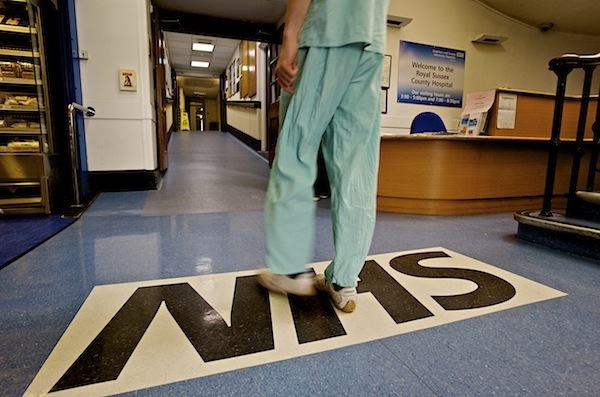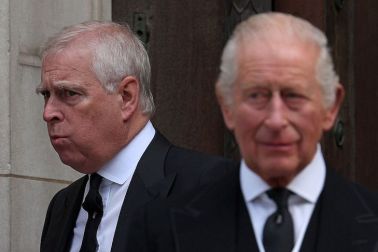Today’s Sunday Times splashes on news that David Cameron is going to crack down on health tourism – that is, foreign nationals coming to Britain primarily to claim free treatment on the NHS. There have been anecdotal reports of this for some time, but the official figures suggest that there is no health tourism problem, because the number of foreign nationals treated amounts to less than 0.5 per cent of the NHS budget. Of course, the official figures wouldn’t show a problem. The scam involves people being marked down as eligible, even though they are ineligible. Statistics are, as so often, unreliable witness.
More reliable are those who work in the NHS and see the abuse with their own eyes every day. A fortnight ago, one of Britain’s foremost cancer specialists went on the record in the pages of The Spectator. I understand that the piece by Prof J.Meirion Thomas, who spoke out about health tourism, was widely read in Whitehall. As well it ought to have been, because the problem he highlights is of the utmost importance.
As Prof Thomas wrote:
I am frustrated at seeing the NHS targeted by patients who are ineligible for free care, but who usually get through the net. Specialist units may be especially vulnerable. Reluctantly, I have decided to share my concerns. The final trigger to write this article was a potentially ineligible patient who accused me of unethical behaviour because I would not promote his application with my Trust for immediate and free NHS care. In any event, it is not the doctor’s job to decide on eligibility, but often it is only at the time of the initial or even subsequent consultations that the breach is first recognised.
The NHS, being a vast bureaucracy, is wide open to abuse. Anyone who knows anyone in Britain can turn up at a GP claiming to the resident. You don’t need any identification. And it’s also very easy to claim that you are resident: the paperwork is easily manipulated:
It would have been the easy thing to do for Prof Thomas to write anonymously.
We’d still have run his piece, but it would have had far less impact. To write under his real name was not without risks. The NHS is not an organisation which accepts criticism well – one NHS chief recently admitted that he was pressured into accepting a massive payoff to go quietly, rather than go public to the problems he found. This is the attitude which led to the Stafford Hospital disaster. Most NHS doctors are appalled at this hushing up, because they know it threatens the NHS. Prof Thomas puts it thus:-
I have worked for the NHS for 43 years, 31 as a consultant surgeon. Several years ago I went with my father, a retired coal miner, to see the monument on the hillside overlooking Ebbw Vale which commemorates the life of Aneurin Bevan, his hero. I believe that the NHS is precious and should not be misused. Perhaps the most important statement in the recent report by Robert Francis QC into the Mid Staffordshire scandal was that we have a ‘statutory duty of candour’ — i.e., health professionals should feel supported and protected should they ever need to speak out. It is in that spirit that I write this article.
In choosing to use his own name, he gave the article far more power and credibility. When a senior NHS consultant says that the system is open to industrial levels of international abuse, and took a risk to say this, then it demands a hearing. Today’s headlines suggest that not just Jeremy Hunt but David Cameron are listening.







Comments